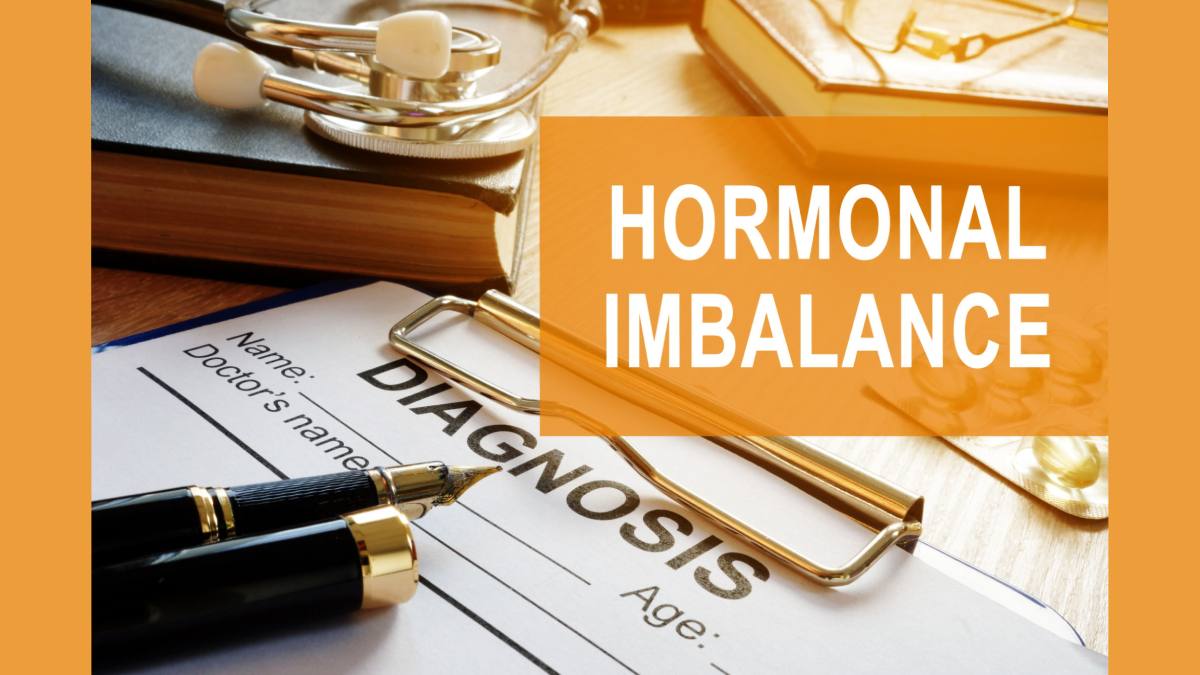X Signs That You May Have A Hormonal Imbalance – You may have heard the term “hormonal imbalance” before and wondered. You may have even asked if you have one. It helps first to take a look at our hormones. Hormones are chemical substances that control almost all of our bodily functions: blood pressure, blood sugar, hunger, menstrual cycles, metabolism, sexual health…
Too much or too little of a particular hormone can cause health problems. Any signs that you may have a hormonal imbalance? The body will notify you; take note of the most outstanding:
Table of Contents
Constant fatigue
A butterfly-shaped gland in the neck called the thyroid makes and processes various hormones such as thyroxine and triiodothyronine, which help control the metabolism, body temperature and heartbeat, and other bodily functions. An underactive thyroid can cause frequent weight gain, fatigue, and constipation. If you don’t make enough thyroid hormones, you have hypothyroidism. If you produce too much, you have hyperthyroidism. Pay attention to the signs!
Constant thirst
Increased desire to Drink water is a hallmark sign of diabetes. With type 1 diabetes, the body does not produce the hormone insulin, which helps your body control blood sugar. With type 2 diabetes, the body doesn’t make enough insulin or makes too much insulin but doesn’t use it effectively.
Low sexual desire
Decreased sexual desire and decreased muscle strength can be two symptoms of low testosterone levels. Also called hypogonadism refers to less production of the hormone testosterone in the body. Low testosterone is more noticeable in men, but women can experience it too.
Higher or lower than normal blood pressure
Hormones play a role in blood pressure control, so it makes sense that a hormonal disorder could also cause higher or lower blood pressure. Lower blood pressure can occur with hypothyroidism or an imbalance of the adrenal glands, which produce hormones like aldosterone that help control metabolism and blood pressure. It’s also possible that hormones produced by the adrenal glands are overproduced, leading to high blood pressure.
An irregular menstrual cycle
Polycystic ovary syndrome, or PCOS, happens when a woman produces too many androgens or male hormones. Without treatment, this overproduction of androgens can lead to an imbalance that causes women to have irregular or absent menstrual cycles and problems such as the appearance of acne or an increase in body hair. The most mutual treatment is birth control pills; however, your doctor can tailor the treatment to your needs.
Mood Swings
If your hormones are causing problems, then it is common for mood swings to come up. This can range from feeling irritated about almost everything to depression. Both hypothyroidism and menopause are sometimes associated with depression. The women who go through menopause may also feel more anxious than average. It’s also more common to experience mood swings when you have PCOS.


